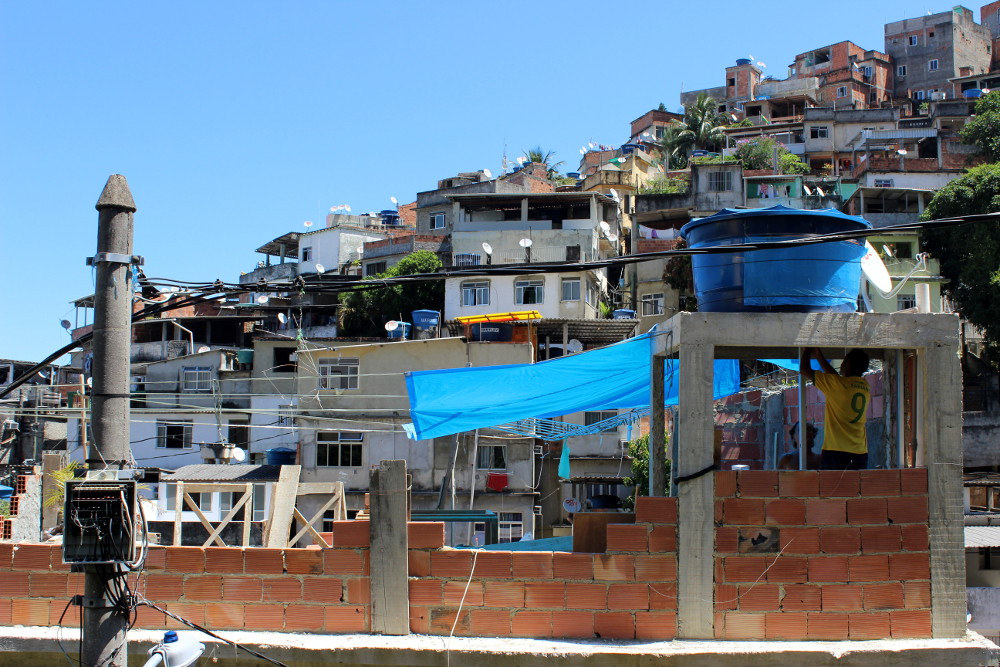Adverse Possession | Squatter’s Rights
Federal guarantee of the right to adverse possession for the purpose of housing provided via the 1988 Brazilian Constitution, based on the “social function of property.”
Legislation
The Federal Constitution of 1988 includes Article 5, item XXIII about the “social function of property” and Article 183, which explicitly states that “Someone who posseses as theirs an urban area up to 250 square meters for five years, uninterrupted and without opposition, using it for housing for them or their family, acquires it as their domain as long as the claimaint is not the owner of another urban or rural property. Title and concession of use shall be given to a man or a woman, or both, independent of their civil state.” Federal Law 10.257 of 2001, the City Statue, has a provision in Part II, Article 9 about the right of adverse possesion for the purpose of housing. Brazil is a signatory to the Universal Declaration of Human Rights, which includes the right to housing in Article XXV, Section 1, and the International Pact of Economic, Social, and Cultural Rights, which includes the right to housing in Article 11, Section 1.
Description
When Brazil was coming out of the dictatorship and the 1988 Constitution was being drafted, the National Movement for Urban Reform was incredibly vocal in advocating for legal measures to combat centuries of unequal concentration of land ownership in Brazil. Academics, activists and neighborhood associations worked together, and as a result, the social use of land and the right for small-scale urban land ownership was included in the constitution.
Implementation
Many favelas in Rio are eligible for title under Article 183 of the Constitution and Part II, Article 9 of the City Statute, but in order for title to be granted, favelas must present documentation of their history and it must be approved, which can take many, many years. As a result, relatively few favelas, proportionately speaking, have secured adverse possession rights in Rio.

